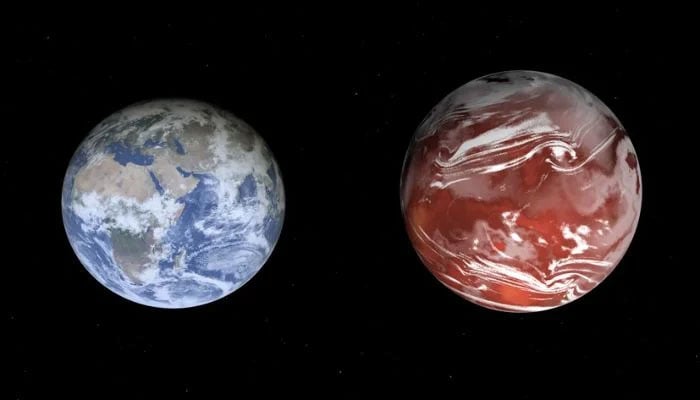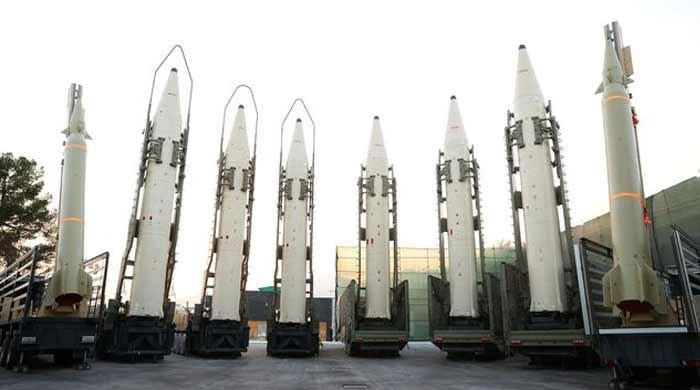AI discovers new planet outside our solar system
Scientists utilised machine learning to locate proof of a formerly undiscovered planet beyond our solar system
April 28, 2023

A group of scientists from the University of Georgia have devised a new approach for finding and classifying new planets that are far away from Earth. They have found an exoplanet utilising machine learning, an extension of artificial intelligence (AI).
A recent study demonstrated that AI can correctly detect the existence of the exoplanet by looking in protoplanetary disks, the gas around newly formed stars. The recently issued results symbolise a first step towards employing machine learning to recognise formerly neglected exoplanets.
Lead author of the study Jason Terry said in a statement, "We confirmed the planet using traditional techniques, but our models directed us to run those simulations and showed us exactly where the planet might be.
"When we applied our models to a set of older observations, they identified a disk that wasn't known to have a planet despite having already been analyzed. Like previous discoveries, we ran simulations of the disk and found that a planet could re-create the observation."
According to Terry, the models pointed to a planet's existence, marked by several pictures that vigorously spotlighted a certain territory of the disk that turned out to have the typical indication of a planet - an extraordinary variation in the velocity of the gas around the planet.
Cassandra Hall, assistant professor of computational astrophysics and principal investigator of the Exoplanet and Planet Formation Research Group at UGA said, "This is an incredibly exciting proof of concept. We knew from our previous work that we could use machine learning to find known forming exoplanets. Now, we know for sure that we can use it to make brand discoveries.
"This demonstrates that our models - and machine learning in general - have the ability to quickly and accurately identify important information that people can miss. This has the potential to dramatically speed up analysis and subsequent theoretical insights," Terry said.
"It only took about an hour to analyze that entire catalogue and find strong evidence for a new planet in a specific spot, so we think there will be an important place for these types of techniques as our datasets get even larger."











